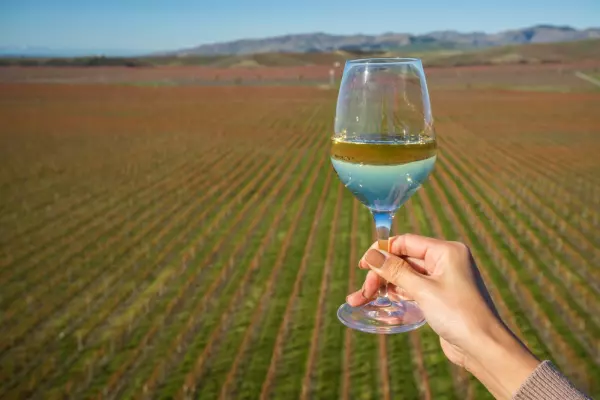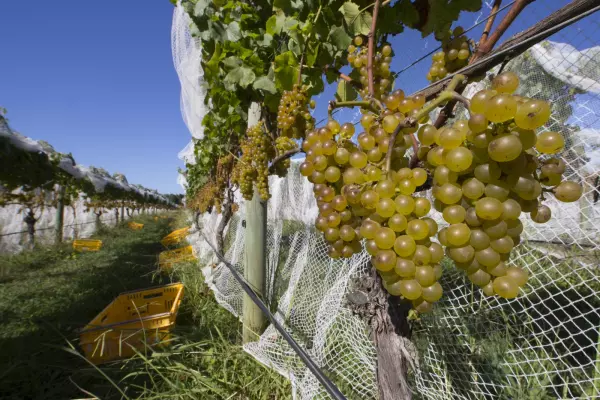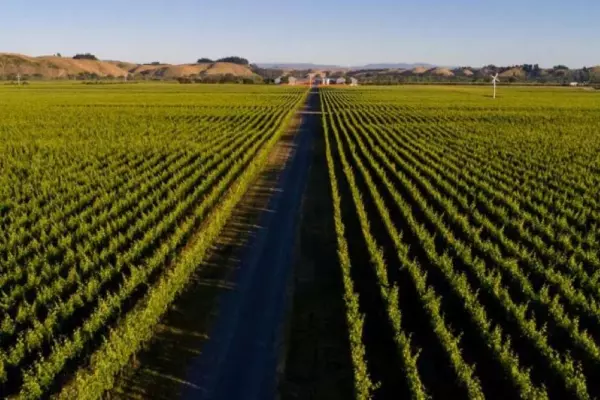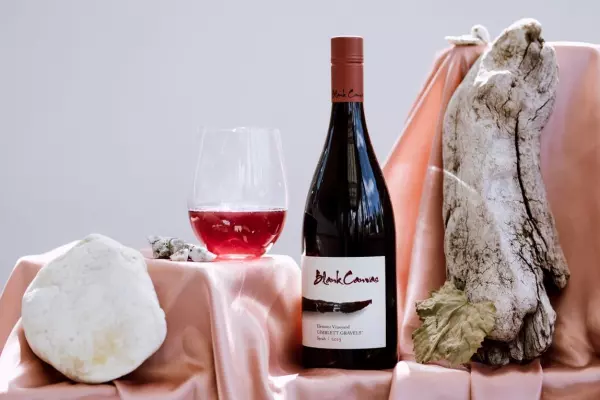New Zealand-made alcohol-free wine didn’t exist until very recently. Giesen may be leading the charge here but others are sure to follow. There appears to be a growing demand worldwide for no- and low-alcohol wine as health-conscious consumers cut back on both alcohol and calories.
Two years ago, family-owned Giesen released what it claimed was the world’s first alcohol-free sauvignon blanc and sent me a couple of samples, which I tasted blind against two overseas market leaders. Giesen 2021 Sauvignon Blanc from Marlborough was a narrow winner. It had the taste and texture of a Marlborough sauvignon blanc, although I might have preferred it even more if it was slightly less sweet.
About six months ago, Giesen released a second zero-alcohol wine, this time a 2021 pinot gris with a pale tint of colour that might have classed it as a rosé. Its slightly soapy texture meant I was less impressed than with the company’s first effort. Drinkable but unappealing was my verdict.
I used this second tasting to retaste the sauvignon blanc and measure its ageing ability. To my surprise it was even better than I remembered.
Giesen recently released a third non-alcohol wine, a non-vintage merlot from Hawke’s Bay. At $18.99, it was a dollar more expensive than the sauvignon blanc and pinot gris. My tasting notes read: “Vibrant cherry red with good colour depth. Soft, low-acid red with dark cherry, plum and a suggestion of vanilla. The flavours are pure and appealing, although I found a suggestion of sweetness slightly annoying/inappropriate for a ‘dry’ red wine. On a hunch, I chilled the wine down to around 14C and found it quite refreshing (it was a muggy summer’s day in Auckland). A bit too ‘juicy.’”
I was surprised at the quality of the red, having assumed it would be more challenging to make than a white wine. I had intended to drink a glass or two with an appropriate meal but events overtook me. It often surprises me how a wine that looks good on the tasting table doesn’t perform well on the dinner table. The reverse is also true.
Giesen uses the spinning-cone method to remove the alcohol from a finished wine. Some winemakers claim this method is too invasive. Presumably they don’t have a spinning-cone machine, which costs about the same as a modest home in Blenheim.
Giesen NV Merlot 0% was made in the same way as the white wines in the 0% range. They first make a full-strength red wine and then remove the alcohol, leaving less than 0.5% alc/vol. The wine is distilled into three layers: the aroma, alcohol and body. In a Frankenstein-like manoeuvre, the aroma is collected and recombined with the body of the wine, with the addition of just a touch of grape juice to the final blend. In addition to being very, very low in alcohol, the wine is also 70% lower in calories than a regular 12.5% alc/vol wine, at just 18 a glass.
Australia was the first country globally to taste the Giesen NV Merlot 0%, which was greeted there with “overwhelming consumer feedback via social media”. By the time you read this, the wine should be available on the local market and will be joined by a Giesen 0% Riesling, which should, in theory at least, be the best of the bunch.
Bob’s top picks for weekend sipping and cellaring
Investment Wine

2020 Kusuda Pinot Noir, Martinborough, $110
Fine, almost ethereal pinot noir with floral/red rose/violet, red cherry, redcurrant and oyster-shell flavours. It carries the Kusuda trademark of precision, perfection, purity and power. Beautiful wine supported by taut acidity. Should develop well with bottle age.
Weekend Wines
Top White

2021 Quartz Reef Pinot Gris, Central Otago, $35
Sophisticated pinot gris that achieves a nice mix of pear, apple and other tree fruits, with nut and root-ginger characters from the yeast lees. Dry but not austere, it was delicious when first released and will get even better with a little bottle age.
Top Red

2021 Stonecroft Serine Syrah, Hawke’s Bay, $29
Named Serine after speculation that Stonecroft’s oldest syrah vines (which are also New Zealand’s oldest) might be the Serine clone. Deep, youthful colour with ripe dark berry/cherry, black pepper, and wood-smoke flavours. A core of sweet fruit balances ripe tannins and leads to a pleasantly dry finish. Impeccable and approachable syrah.
Read more from Bob at therealreview.com















